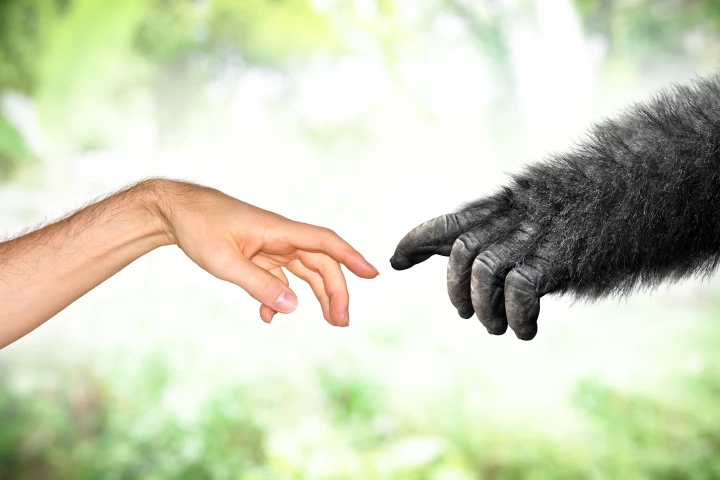Genome
-
A 15-year project trying to build a synthetic yeast genome has hit a major milestone – yeast cells with more than 50% synthetic DNA for the first time. The team created synthetic versions of almost all its chromosomes plus a completely new one.
-
Lending new meaning to the phrase ‘cat burglar’, a single feline hair left at a crime scene can be traced back to an individual animal through a new method that can highlight a unique, rare genetic ‘fingerprint’. You could say it turns the cat into a rat.
-
In what might be a surprise for some, the male sex chromosome is far more complex than its female counterpart. This is why it’s taken scientists so long to work out exactly what makes a male a male. Now, they've completed the elusive Y chromosome map.
-
Ötzi the Iceman is one of the most well-studied individuals in human history, but there always seems to be more to learn about him. A new genomic study has now found that he looked very different from the way previous studies had imagined him.
-
A study found that rapid genome sequencing is a fast, effective way to diagnose infant epilepsy which, if left untreated, can lead to developmental delays. It's hoped the findings mean this cutting-edge technology will become more widely available.
-
In a world first, scientists have mapped the dog epigenome. It opens the door to a better understanding of how environmental factors influence gene expression and to the development of new disease treatments for both us and our canine best friends.
-
In a world first, scientists from 24 countries have mapped the DNA of 233 different primate species, more than quadrupling the existing genetic data. Then AI jumped on board, offering crucial insights into disease-causing genetic mutations in humans.
-
Egg allergies are one of the most common allergies in children, triggered by everything from meatloaf to flu vaccines. Now, researchers have used genome editing technology to develop a chicken egg that may be safe for allergy sufferers to eat.
-
The first draft of a human “pangenome,” mapping out DNA variations in our genes, has been published. Building on the existing reference genome by adding 1,000 new gene mutations and 120 million base pairs, it's crucial for future genetic research.
-
Scientists have reconstructed the genomes of microbes from the Stone Age, and used them to produce new molecules. The complex puzzle was pieced together from DNA fragments of bacteria on the teeth of ancient humans and Neanderthals.
-
A groundbreaking project has seen hundreds of scientists across the world uncover many mysteries of the evolution of mammals, work that may help us understand why humans are unique and what genetic changes may be key to some of our unique diseases.
-
A growing body of evidence has confirmed how much our susceptibility to mental illness is based in our genes. Now, researchers have found that depression is genetically sex-specific, opening the door to more tailored therapy than ever before.
Load More











